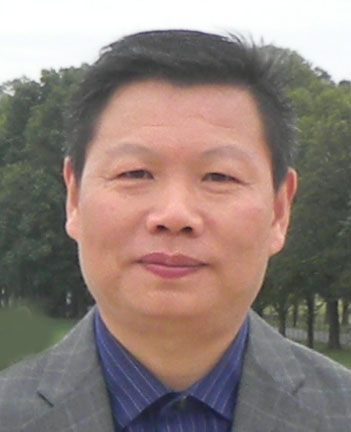Over the last decade, the world has witnessed the significant shift in the U.S. role in the Middle East from being dominant to reactive. Previously, to maintain its hegemony in the region, the U.S. did not hesitate to reverse the actions of Middle East countries for its own interests, control the trends of regional development in its own favor or even to impose certain outcomes to accommodate its own needs.
The United States’ pro-active Middle East policy was most prominent in the 1990s. In 1991, the U.S. rallied a coalition of multiple forces – even from Russia and Syria, two of its major opponents in the region – to push Saddam Hussein back to Iraq. In 1993, it brokered a peace treaty between Palestinians and Israelis. The military operation against Hussein and the signing of the Palestine-Israel peace treaty allowed the U.S. to contain both Iraq and Iran in the east front of the Middle East.
The U.S. maintained its aggressive and dominant posture in the Middle East until the early 21st century, as characterized by wars in Afghanistan and Iraq. Nevertheless, American influence has been waning ever since, and its recent policy in the region is largely reactive than pro-active. The U.S. no longer leads or controls regional developments; it simply accepts the outcomes and attempts to minimize the negative effects the regional events may have on its national interests.
Though the U.S. is still committed to “stand on the right side of history”, President Obama averted U.S. military involvement in Libya and Syria. In addition, he has put too little pressure on Israel to drive the peace process and is yet to break through the nuclear stalemate with Iran.
While some experts attribute the reactive nature of the current U.S. Middle East policy to its power decline, there are, in fact, multiple factors behind the dramatic change. First of all, the Obama administration is now focusing all its strength on addressing domestic priorities such as a budget agreement and raising the debt ceiling. Also, the current U.S. administration would prefer to direct more strategic resources toward Asia-Pacific area than the Middle East, as its interests in the latter significantly decreased due to the technological innovation in shale gas.
China has been a reactive player in the Middle East and will continue to be one for a long period of time. Despite its strengthened economic and military ties to the Middle East, China has not been able to induce the course of regional developments to serve its own interests and has had to settle for accepting the given consequences. For instance, China spent a fortune to provide transportation and facilitate temporary shelter for its more than 30,000 citizens in Libya when the civil war erupted in 2011; it did not have any other effective measures to protect its interests.
China’s reactive Middle East policy is largely due to its limited resources. Economically, despite its fast-growing successful market economy, China still remains a developing country. In terms of military, China’s capabilities are far from being adequate; China is the only permanent member of the UN Security Council without an aircraft carrier in real operation. However, even if China increased its military capabilities, it is very unlikely that China would send troops to the Middle East as it adheres to the principle of non-intervention.
The analysis suggests that both China and the U.S. will continue to play reactive roles in the Middle East and the two should behave in a more cooperative manner to protect mutual interests.
First, China and the U.S. could work together to find peaceful political solutions to the regional hot issues. The U.S. recently has become more prudent about its use of military measures and attempts to handle Middle East issues through political channels. The preference for political solutions is in accordance with China’s Middle East policy, which advocates non-violent methods of resolution.
The enhanced cooperation between China and the U.S. has huge potential. For instance, if they regularly exchange positions on the peace process and persuade the relevant Syrian parties to join international conferences like Geneva II, the China-US cooperation in the region may put a peaceful end to the Syrian crisis. Together, they would also be able to provide substantial political and economic resources to support smooth transitions for Egypt and Tunisia.
Secondly, China and the US could jointly promote economic development in the Middle East. Economic development is essential for the stability and political modernization of the region. China and the U.S. should collaborate to improve financial capabilities and increase employment rates in the regional countries. Businessmen of China and the US could set up joint corporations and ventures to contribute to regional development.
U.S. government officials and academics need to understand that China’s commercial activities improve the Middle East’s economic situation and increases employment. The United States should appreciate these activities instead of unjustifiably criticizing China’s business in the region.
Lastly, China and the U.S. could cooperate on military issues. It is not reasonable to expect China to give up its principle of non-intervention. But under the condition that the U.S. would withdraw its military forces from the region, the two could explore the potential of wider international participation. China might be willing to be part of the UN framework. If so, the two should jointly work out proper mechanisms.
For better cooperation, each side should respect the interests of the other side. China should demonstrate respect for the U.S. security concerns, especially in regards to proliferation and terrorism issues. On the other hand, the U.S. should respect China’s interests in the region, especially oil imports, and its non-intervention principle.
Dr. Jin Liangxiang is a research fellow at Institute for International Strategic Studies.

